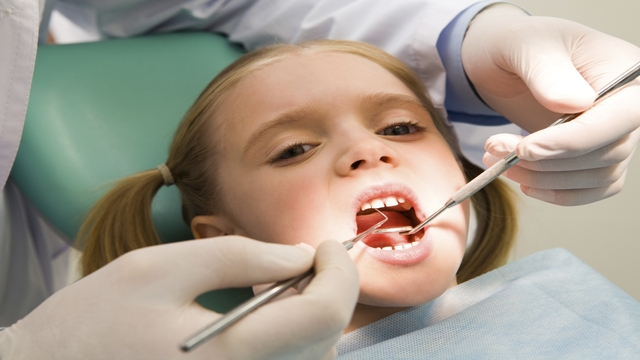Hi,
I wonder if you can help. I am a 34 year old lady who was born 10 weeks early and as a result I have spastic diplegia (a form of cerebral palsy affecting the lower body).
I have been suffering from bruxism for many years now. Three years ago I had to have 6 months off work as I was getting very bad dizzy spells. The doctors put me on antidepressants as I was getting panicky about feeling dizzy and out of control. They thought this was the answer, however after various tests ENT, Neurology etc they could find nothing wrong. However I was getting a lot of jaw pain and went to a private dentist who said my teeth were out off place. I have an openbite, overbite and crossbite and also a tongue thrust. My teeth have now been in braces for over 18 months, with another 12 months or so of treatment to go.
I get really bad headaches, especially in the base of my skull and tightness and pain in my neck and shoulders. I also get severe tinitus and inflammed sinuses, which makes me feel sick and off balance.
I have just come off antidepressants (3 weeks ago), as the doctor said they could make the bruxism worse! and they were giving me terrible vivid dreams. So much so it feels like I am living another life at night!
I do find it difficult to relax and switch my mind off of thoughts.
I really want to stop/control the bruxism, are there any treatments out there to help, for example hypnotherapy? Also what causes bruxism? Could the teeth be a factor or even the cerebral palsy be causing it? Should I ask my doctor to refer me to a sleeplab?
Many thanks for reading. Tash
All user-generated information on this site is the opinion of its author only and is not a substitute for medical advice or treatment for any medical conditions. Members and guests are responsible for their own posts and the potential consequences of those posts detailed in our Terms of Service.


Add a Comment1 Comments
Hi Tashie
This is a frustrating and painful issue, because even in this age of modern technology there is no fantastic one solution to your problem. Bruxism is pretty common, and it can lead to all sorts of issues as you are finding, including broken teeth, TMJ or temporal mandibular joint problems, muscle tension and nerve pain. We have a page with quite a bit of information: https://www.empowher.com/condition/teeth-grinding-bruxism
Basically what it comes down to is finding a dentist who is a specialist in bruxism and TMJ problems, and treating symptoms because it is difficult to find and treat the cause. Heat or ice packs on your neck and shoulders, or even trigger point injections in your neck, shoulders, and occipital area of your head may help because at this point, the bruxism causes the tightness which in turn may worsen the bruxism. Physical therapy or yoga can help you learn how to stretch out and relax those muscles. You may need a mouth guard to protect your teeth, and that guard may also discourage the grinding as well.
The National Library of Medicine/National Institutes of Health has a Medline Plus page on this: http://www.nlm.nih.gov/medlineplus/ency/article/001413.htm but I'm not sure it will tell you anything you don't already know.
Find a specialist dentist who is willing to work with you until you get some relief. That may take a little searching, but it will be worth it.
Good luck.
May 8, 2010 - 9:14amThis Comment